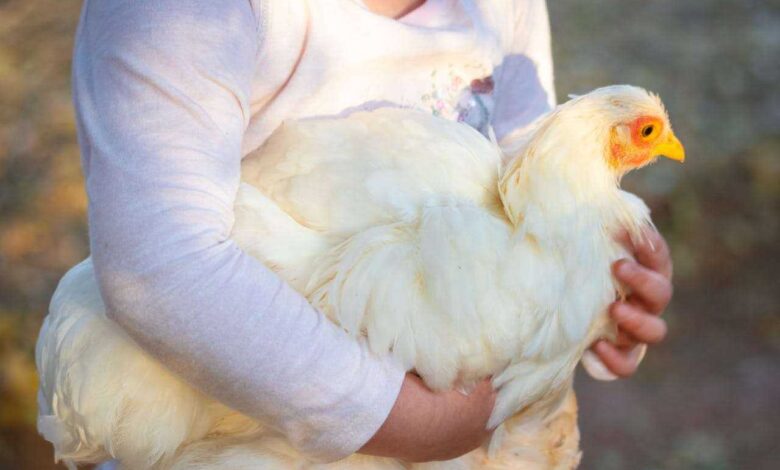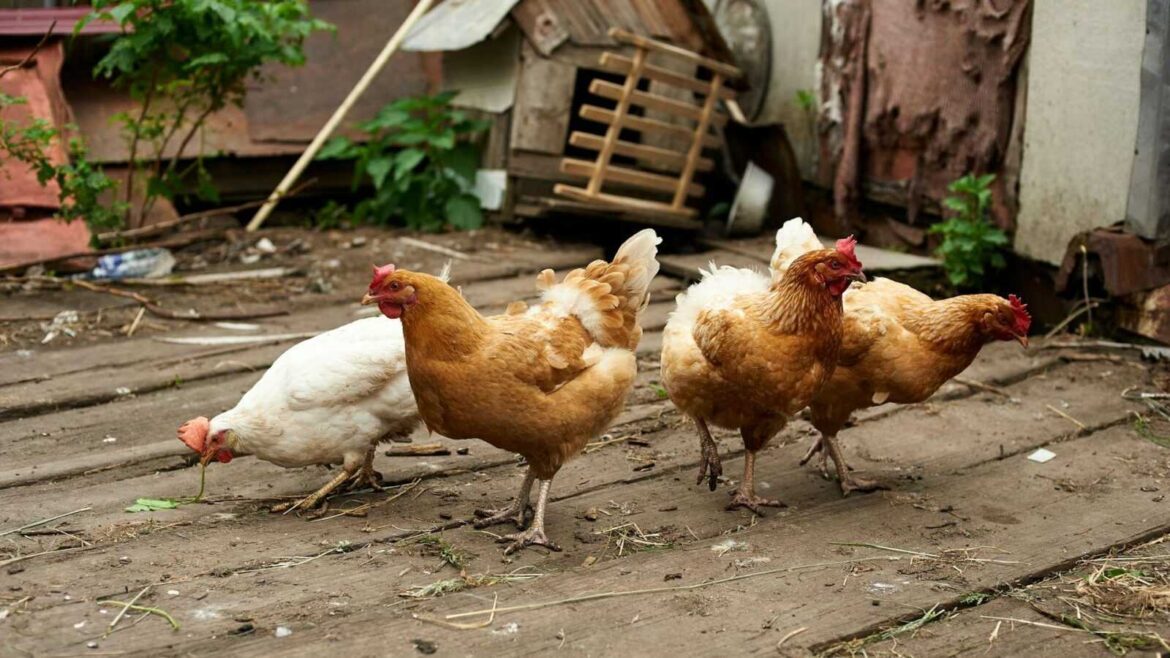Feathered Nutrition: Top-Notch Chicken Feed Favorites!

Feeding your feathered friends requires careful consideration to ensure optimal health and productivity. This comprehensive guide navigates the intricacies of feathered nutrition, offering valuable insights into selecting the right feed. Additionally, discover the top 10 chicken feed products that stand out in the market.
Understanding Chicken Nutritional Needs
Embark on the journey of selecting the right chicken feed by understanding the nutritional needs of your flock. Delve into the importance of proteins, carbohydrates, and fats in promoting optimal health and egg production.
Nutritional components:
Proteins: Essential for muscle development and egg production.
Carbohydrates: Provide energy for daily activities.
Fats: Support overall health and feather quality.
Types of Chicken Feeds
Explore the various types of chicken feeds available in the market, each designed to meet specific nutritional requirements at different life stages. Learn how to transition seamlessly from chick starter to layer feed for consistent well-being.
Feed types:
Chick starter: Packed with nutrients for young chicks.
Grower feed: Focused on supporting steady growth.
Layer feed: Optimized for hens in egg-laying stage.
Grains, Seeds, and Supplements
Navigate the world of grains, seeds, and supplements to enhance the nutritional variety in your chicken feed. Discover the benefits of incorporating corn, wheat, grit, and oyster shells to meet specific dietary needs.
Supplement options:
Corn and wheat: Provide energy and additional nutrients.
Grit and oyster shells: Support digestion and eggshell formation.
Reading Feed Labels
Equip yourself with the knowledge to interpret feed labels effectively. Understand the significance of crude protein, fiber content, and other nutritional indicators to make informed choices for your flock’s well-being.
Label considerations:
Crude protein percentage: Indicates the protein content.
Fiber content: Influences digestion and nutrient absorption.
Top 10 Chicken Feed Products
Embark on a detailed exploration of the top 10 chicken feed products available in the market. Dive into comprehensive reviews of popular brands, including Nutrena, Purina, and others, to make informed decisions based on quality and performance.
Featured products:
Nutrena NatureWise Layer Feed: Rich in nutrients for egg-laying hens.
Purina Layena Pellets: Formulated for consistent egg production.
Manna Pro Organic Grower Crumbles: Organic option for growing chicks.
Scratch and Peck Feeds Naturally Free Organic Layer Feed: Non-GMO and soy-free.
Kaytee Chicken Starter Grower Crumble: Complete nutrition for young chicks.
Hiland Naturals Non-GMO Layer Crumble: A non-GMO option for layers.
Flock Party Egg Maker Poultry Supplement: Boosts eggshell strength.
Kalmbach Feeds All Natural Layer Crumble: Supports overall hen health.
Prairie’s Choice Non-GMO Backyard Chicken Feed: Balanced nutrition for layers.
H and H Feed Organic Non-Soy Layer Pellets: Soy-free option for layers.

Special Considerations
Explore specialized chicken feed options, including organic and non-GMO choices, for those seeking sustainable and high-quality alternatives. Learn about the benefits of incorporating specialty feeds into your flock’s diet.
Specialty feed options:
Organic chicken feed: Free from synthetic additives and pesticides.
Non-GMO chicken feed: Minimizes genetically modified ingredients.
Homemade Chicken Feed Recipes
Take a creative approach to chicken nutrition by exploring homemade feed recipes. Understand the essential ingredients and proportions to create customized blends that cater to your flock’s specific needs.
DIY recipes:
Basic grain and protein blend: Foundation for a homemade feed mix.
Vegetable and herb additions: Enhance nutritional variety and flavor.
Storage and Handling Tips
Master the art of proper feed storage to preserve its quality and freshness. Explore tips on using airtight containers, choosing suitable storage locations, and implementing measures to prevent pest infestation.
Storage guidelines:
Airtight containers: Prevent exposure to air and moisture.
Cool, dry locations: Maintain feed freshness and nutrient integrity.
Monitoring Chicken Health
Learn to assess your chickens’ health by observing key indicators related to their feathers, egg production, and overall vitality. Recognize signs of nutritional deficiencies and allergies to address them promptly.
Health indicators:
Feather quality: Indicates overall health and nutritional status.
Eggshell strength: Reflects calcium levels in the diet.
Feathered Nutrition
Feathered Nutrition provides a holistic guide, equipping you with the knowledge to make informed decisions about your chicken’s diet. From understanding nutritional needs to exploring top-notch products, this guide empowers you to foster a healthy and thriving flock.
Frequently Asked Questions (FAQs) About Feathered Nutrition
Q1: How to transition chicken feeds smoothly?
A1: Transitioning chicken feeds smoothly involves gradual changes. Mix the new feed with the existing one over 7-10 days, increasing the ratio daily. Monitor chicken behavior and health during the transition.
Q2: What is the right quantity of feed for different chicken ages?
A2: The feed quantity varies by age. For chicks, provide starter feed at 1/4 cup per chick daily. Transition to grower feed at 6-8 weeks and layer feed at 18 weeks, adjusting quantities based on the specific feed’s recommendations.
Q3: Do chickens need additional nutritional supplements?
A3: Most commercial feeds provide essential nutrients. However, consult a veterinarian for specific cases. If needed, supplements like calcium for layers or grit for digestion can be added in moderation.
Q4: Can you mix different types of chicken feed?
A4: Mixing different feeds can be done, but it’s crucial to maintain a balanced diet. Ensure that the combined feed meets the nutritional requirements of your chickens at their respective life stages.
Q5: What to do if chickens refuse to eat a new feed?
A5: Introduce the new feed gradually, mixing it with the old one. Ensure the chickens are healthy and monitor their response. If refusal persists, consult a veterinarian to rule out health issues or consider an alternative feed with a similar nutritional profile.






